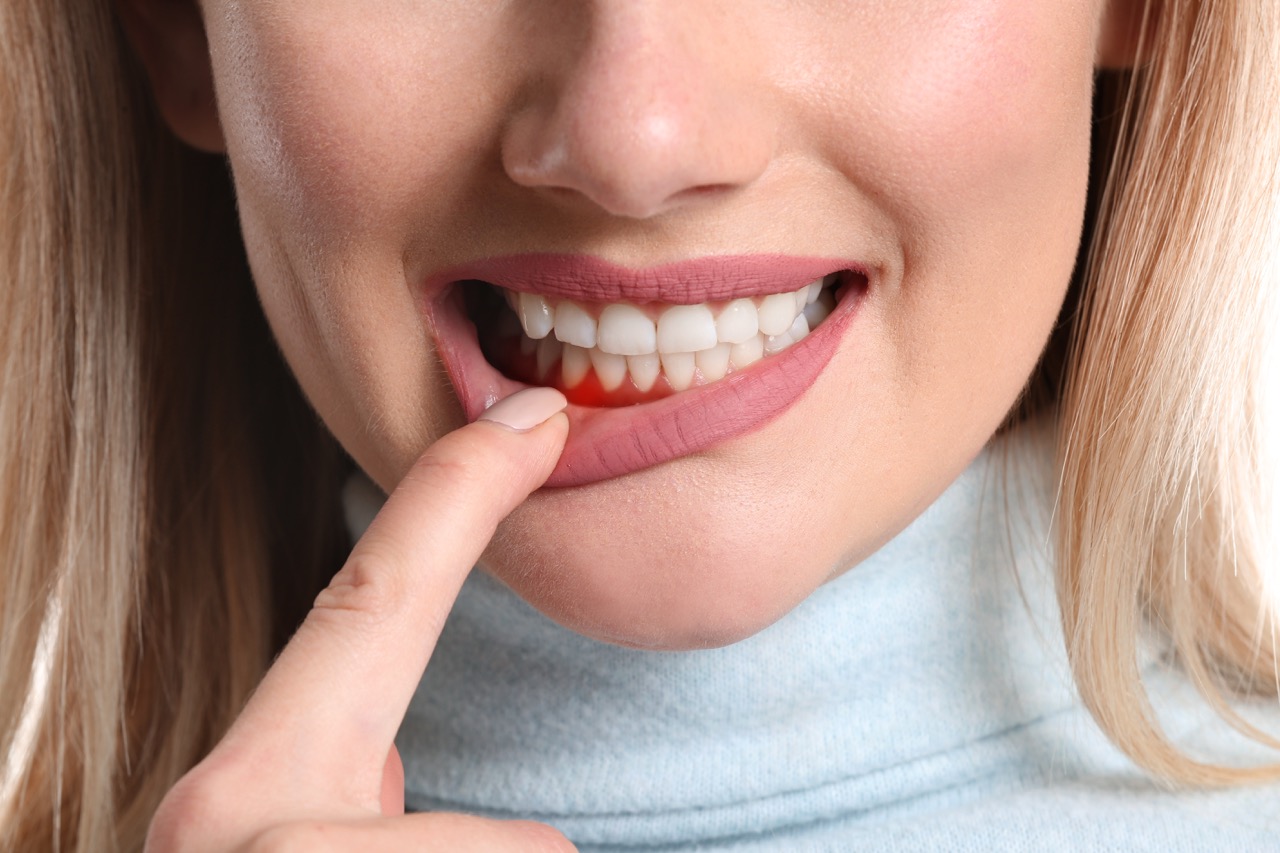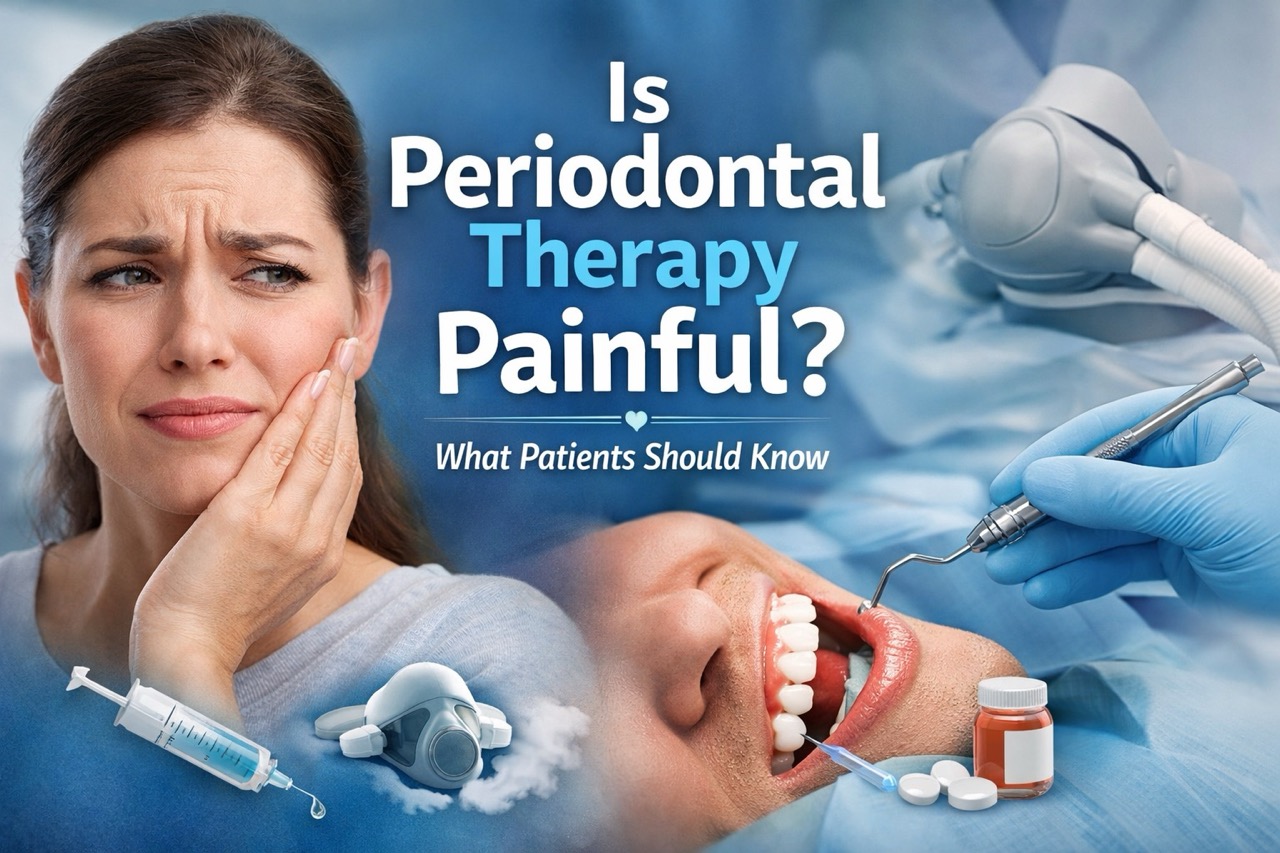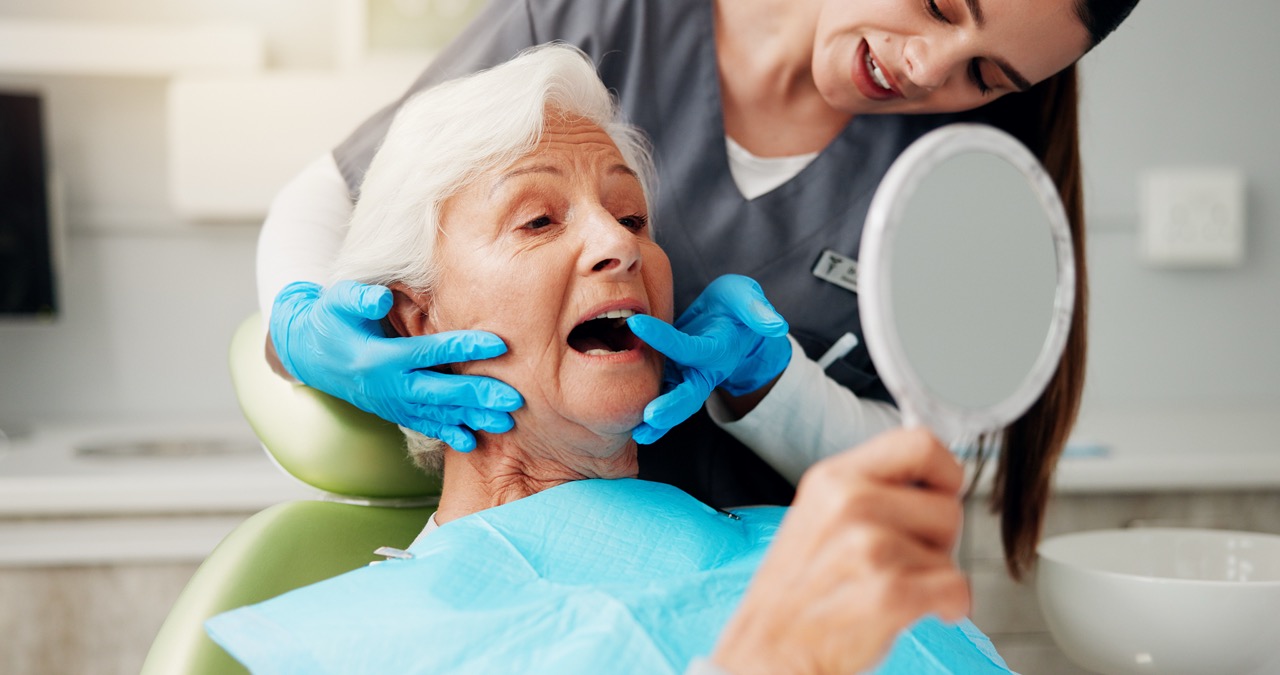Smart Oral Health Tips: How to Care for Your Smile Without Overdoing It
We all know that good oral hygiene is the key to a healthy smile. Brushing, flossing, and regular dental visits are essential habits for protecting your teeth and gums. But did you know that you can actually overdo oral care? Brushing too hard, flossing aggressively, or using whitening products excessively can harm your teeth and gums over time.
Finding the right balance is important. Your goal should be to care for your smile in ways that protect and strengthen it, not cause damage. At Kiefer Family Dental, we believe in simple, effective habits that keep your teeth healthy for life without unnecessary complications.
Here are some of the best oral health tips to maintain a clean, healthy smile, without going too far.
1. Brush Twice a Day, Gently
Brushing your teeth twice a day is one of the most effective habits for maintaining oral health. However, brushing more often or with too much force can do more harm than good. Over-brushing can wear down enamel and irritate your gums, leading to sensitivity and discomfort.
To protect your teeth, use a soft-bristled toothbrush and brush with gentle, circular motions. Avoid harsh scrubbing and let the bristles do the work. Always choose fluoride toothpaste, as it strengthens enamel and helps prevent cavities. Spend at least two minutes brushing, focusing on all surfaces, including the back teeth.
Replace your toothbrush every three to four months, or sooner if you notice frayed bristles. A worn-out brush cannot clean effectively and can harm your gums. Brushing the right way keeps your teeth strong, your gums healthy, and your breath fresh. Pair this habit with flossing and regular dental visits for the best results.
2. Floss Once Daily (But Don’t Overdo It)
Flossing is essential for removing plaque and food particles between teeth, areas a toothbrush cannot reach. This simple habit helps prevent cavities, gum inflammation, and bad breath. However, flossing too often or too aggressively can damage your gums, causing pain or bleeding.
The ideal approach is to floss once a day, preferably at night before brushing. Use a gentle motion and guide the floss between your teeth without forcing it. Curve it into a “C” shape around each tooth and move it up and down to clean thoroughly. Avoid snapping the floss into your gums, as this can lead to irritation.
If traditional flossing feels uncomfortable, floss picks or interdental brushes are excellent alternatives. These tools make flossing easier and more convenient while providing similar benefits. Consistent, gentle flossing protects your gums and supports overall oral health.
3. Clean Your Tongue for Better Oral Health
Your tongue plays a big role in your oral health. It can collect bacteria, food particles, and dead cells, which lead to bad breath and can contribute to plaque buildup. Cleaning your tongue daily is an easy way to keep your mouth fresh and reduce harmful bacteria.
After brushing your teeth, use a tongue scraper or your toothbrush to gently clean the surface of your tongue. Start from the back and move forward, removing any residue. This step only takes a few seconds but can make a big difference in your oral hygiene routine.
A clean tongue also improves your sense of taste by removing the coating that dulls flavor. It’s a simple addition to brushing and flossing that helps keep your mouth healthy. Combining tongue cleaning with a regular dental routine ensures a fresher mouth and better breath throughout the day.
4. Use Mouth Rinse for Added Protection
Adding mouth rinse to your daily oral care routine provides extra benefits beyond brushing and flossing. Mouth rinses help kill bacteria, reduce plaque, and freshen your breath. Many options also contain fluoride, which strengthens enamel and lowers the risk of cavities.
Use an antibacterial or fluoride mouth rinse once a day for best results. Rinse for 30 seconds after brushing and flossing, but avoid rinsing immediately after applying fluoride toothpaste, as it may wash away its protective benefits. Always follow the instructions on the bottle. Mouth rinse is not a substitute for brushing or flossing, but it complements these habits by reaching areas your toothbrush might miss. It’s a simple step that helps maintain gum health, fight germs, and keep your breath clean and fresh throughout the day.
5. Avoid Brushing Right After Meals
Brushing immediately after eating may feel like a good idea, but it can damage your enamel. Foods and drinks, especially acidic ones like citrus or soda, soften your enamel temporarily. Brushing during this time can wear away this protective layer.
Instead, wait at least 30 minutes before brushing to allow your enamel to re-harden. During that time, rinse your mouth with water to wash away food particles and neutralize acids. Chewing sugar-free gum can also help by increasing saliva flow, which naturally protects your teeth. Following this tip reduces enamel erosion and keeps your teeth stronger for the long term. Pairing this practice with gentle brushing, flossing, and regular dental checkups will help you maintain excellent oral health without overdoing your routine.
6. Replace Your Toothbrush Regularly
Your toothbrush plays a big role in keeping your smile healthy, but over time, its effectiveness fades. Frayed or worn bristles cannot remove plaque properly, leaving behind harmful bacteria that can lead to cavities and gum issues. Old toothbrushes can also irritate your gums and make brushing less comfortable.
Most dentists recommend replacing your toothbrush or electric toothbrush head every three to four months. If you notice bent or splayed bristles before that, it’s time for a new one. Keeping a fresh toothbrush ensures your brushing routine works as intended, protecting both your teeth and gums.
Using a clean, effective toothbrush is one of the easiest ways to maintain good oral hygiene every day. Pair it with fluoride toothpaste and gentle brushing for the best results. Consistency and proper tools make all the difference in keeping your smile healthy and strong.
7. Choose Gentle Whitening Products
A bright smile can boost your confidence, but whitening your teeth the wrong way can cause problems. Overusing strong bleaching products or whitening strips can weaken enamel and lead to tooth sensitivity. Once enamel thins out, your teeth become more vulnerable to cavities and discomfort.
If you want a whiter smile, it’s important to take a safe approach. Talk to your dentist before starting any whitening routine. At Kiefer Family Dental, we can recommend whitening solutions that brighten your teeth without harming enamel. Professional guidance ensures your results look natural and last longer.
Gentle whitening treatments combined with regular brushing and professional cleanings can help you maintain a healthy, radiant smile. Avoid shortcuts or excessive use of over-the-counter products. Your dentist knows the safest way to achieve noticeable results while keeping your teeth strong and healthy.
8. Stay Hydrated Throughout the Day
Water does more than quench your thirst, it’s essential for good oral health. Drinking water throughout the day helps wash away food particles and sugars that feed harmful bacteria. It also neutralizes acids that can erode enamel, reducing the risk of tooth decay.
Staying hydrated keeps your mouth moist, which prevents dry mouth. A dry mouth can lead to bad breath and an increased risk of cavities because saliva is necessary for protecting teeth. By drinking water regularly, you support your mouth’s natural defense system.
Make water your primary beverage instead of sugary drinks or sodas. It’s a simple habit that benefits your teeth, gums, and overall health. Every sip helps create a cleaner, fresher environment in your mouth. Adding this step to your daily routine is an easy way to maintain a healthy smile without any extra effort.
9. Limit Snacking Between Meals
Snacking too often can harm your teeth, even if the foods seem harmless. Each time you eat, bacteria in your mouth produce acids that attack enamel. Frequent snacking gives those acids more chances to damage your teeth, leading to cavities and gum problems.
If you do snack, choose healthier options like fresh fruits, vegetables, or nuts. Avoid sticky or sugary snacks that cling to your teeth. After snacking, rinse your mouth with water to help wash away food particles and neutralize acids.
Creating structured meal times and reducing unnecessary snacking can make a big difference for your oral health. Simple changes like these help protect your enamel and maintain a stronger, cleaner smile. Pair these habits with regular brushing, flossing, and dental visits for the best long-term results.
10. Schedule Regular Dental Checkups
Even if you brush and floss daily, professional care is essential for long-term oral health. Dental checkups every six months allow your dentist to spot issues early, before they become serious problems. Early detection can save you time, money, and discomfort.
Professional cleanings remove plaque and tartar that home care cannot reach. These visits also give you the chance to ask questions and get personalized advice for your oral hygiene routine. Regular exams help prevent cavities, gum disease, and enamel damage.
At Kiefer Family Dental, we provide gentle, thorough care in a comfortable setting. Our team focuses on preventive dentistry, ensuring you and your family enjoy healthy smiles for years to come. Scheduling routine visits is one of the best steps you can take to protect your teeth and gums.
Keep Your Smile on Track—Book Your Visit Now
Don’t wait to give your smile the care it deserves. Preventive care is the best way to avoid problems and maintain strong, healthy teeth. At Kiefer Family Dental, we provide professional cleanings, personalized guidance, and a caring environment for your entire family.
Contact Information
Location: 3323 Mariner Dr, Evansville, IN 47711
Phone: (812) 424-9506
Fax: 812-303-4203
Email: kelsey.kiefer@kieferfamilydental.com
Your smile matters to us. Schedule your appointment today and let us help you keep your oral health in balance.




